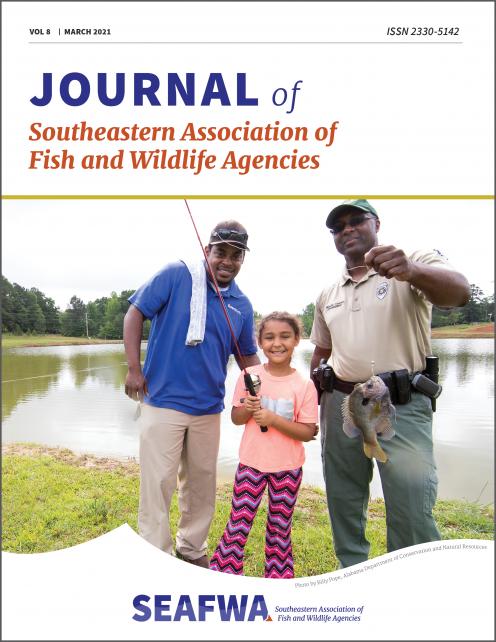The Influence of Knowledge on Young People's Perceptions About Wildlife
Knowledge and attitudes are major components of environmental perception and are important influences on each other. Knowledge about ecological concepts, wildlife, and endangered and threatened species was measured, using 1,300 8th-graders in Broward County, Florida, as the sample group. Knowledge scores were associated with attitudes, non-consumptive attitude orientations, involvement in animal activities, and other variables. Knowledge plays a relatvely minor role in predicting attitudes. Knowledge was significantly related to 16 to 25 attitude items, but the associations were weak,...
